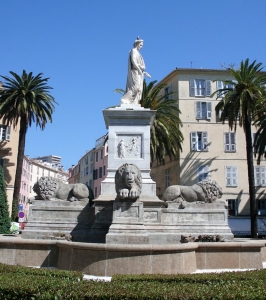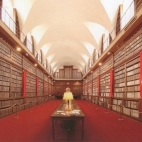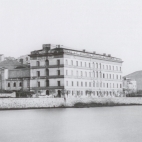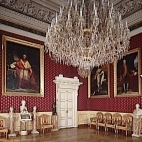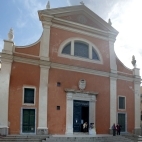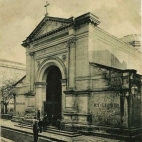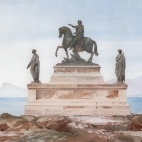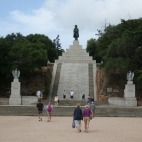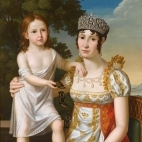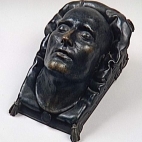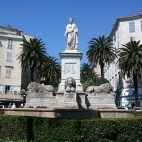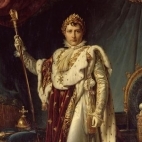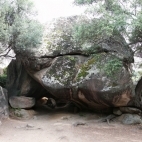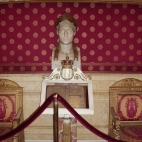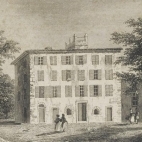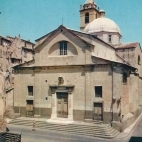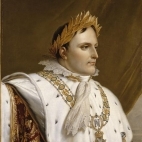Ajaccio
Legend has it that it was the Greek hero Ajax who founded the city, arriving from the sea. It was the Romans who first began to reclaim the Gravona alluvial plain, opening up new avenues of communication. In the 15th century, the Genoese were responsible for building Ajaccio, which had probably already been occasionally inhabited by early Christians in Roman times. Genoa has long had a bond with the city, lasting until Corsica was surrendered to France.
"I could recognize it with my eyes closed by the sweet scent of the brush": this is how Napoleon described his Ajaccio, the city where he was born on August 15, 1769.
In Ajaccio, the myth of the Emperor continues to resound everywhere, brightening the city with precious artistic and cultural testimonials, and even leaving its imprint on the names of streets and squares: the house where he was born preserves the Bonaparte family portraits and period furnishings; the Cattedrale di Nostra Signora della Misericordia (Cathedral of Our Lady of Mercy), where the emperor was baptized, the Fesch Museum, which houses the extensive collection of works of art of Napoleon's uncle, Cardinal Fesch, the Napoleonic Museum, housed within the Municipal Building of Ajaccio, with an important collection of Napoleonic medals and portraits and busts of the family. Every street corner, every building, every monument recounts a fragment of the myth, in an apotheosis of beauty that would have made Napoleon himself proud.









